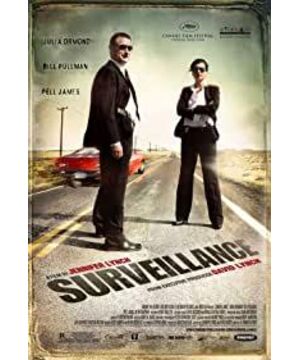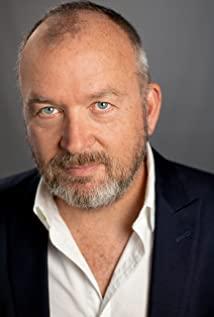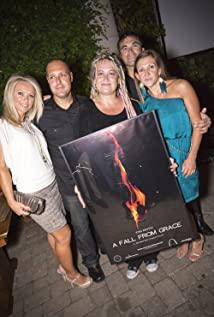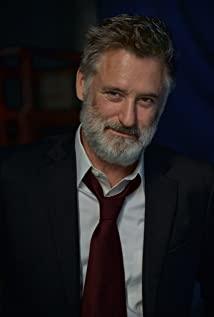Formal films pay more attention to narrative methods and techniques than narrative content itself. It pays little attention to the practical significance and social effect of the film's narrative, and only makes the most succinct explanations or hints of some accepted reasons. This method is suitable for dealing with black themes, because these themes themselves are full of tension, such as murder, robbery, drug trafficking, prison robbery, etc., even if only the decorative presentation is enough to firmly grasp the audience's attention. The rest is up to the narrative skills. There is nothing new under the sun. The genres of black have almost been used up in "Water Margin". To stand out, the black stories must be innovative in form.
Surveillance is an under-the-radar film. (1) It explains the background extremely succinctly, and is just an investigation of a series of murders that happened in a very short period of time. The investigation is phenomenal and does not involve nor imply any other event. (2) In terms of content, this is a series of aimless, random, two consecutive murders that took place in the wilderness. The methods of murder are not very clever, and the nature of the incident is bad but not serious. (3) Incident investigation takes up most of the entire movie. The investigation was confessional, as the incident left three key eyewitnesses. Agent needs to investigate witness testimony. The two witnesses told what happened in a half-concealed way, while the other little girl couldn't tell what happened at all, but only drew a few impressive scenes. But the testimony is actually a specific process presented in flashbacks, which has absolutely nothing to do with the testimony. This shows a huge gap from "Rashomon". (4) The final reversal seems to be deliberate, increasing the tension of the story, which is also the most exciting part of the whole movie. But the problem is that this reversal has no content and does not constitute any ideological and social exploration value. I really don't understand the real basis or social implication of such an arrogant and extremely hateful society of agents; moreover, how is it possible in reality? If this is true, then the most powerful police organization in the largest democratic country is actually more powerful than the most powerful police organization. The frightened thugs are more crazy and brutal, so the FBI should be abolished. (5) It can only be said that the little girl is a god. She witnessed the whole event without panicking and creating an unbearable psychological burden, and she knew everything (while almost all police officers had no idea of the case or how she died) and yet remained safe and sound.
Black, too black!
The killing of the female drug addict at the end of the film is a highly terrifying scene. The extremely lingering and intoxicating performance of the female agent combines a spiritual enjoyment at its peak with extremely dark and cruel behavior, leaving an extremely sinister psychological shadow. This is the very theme of film noir, mental illness + crime. It reflects the madness of crime and the extreme abnormal psychology of committing crimes for the sake of crime. Film noir portrays these as nuanced as a psychology textbook. Unfortunately, these imaginations are far from real life. As Lao Liang said, crimes in reality are all profit-oriented.
View more about Surveillance reviews










